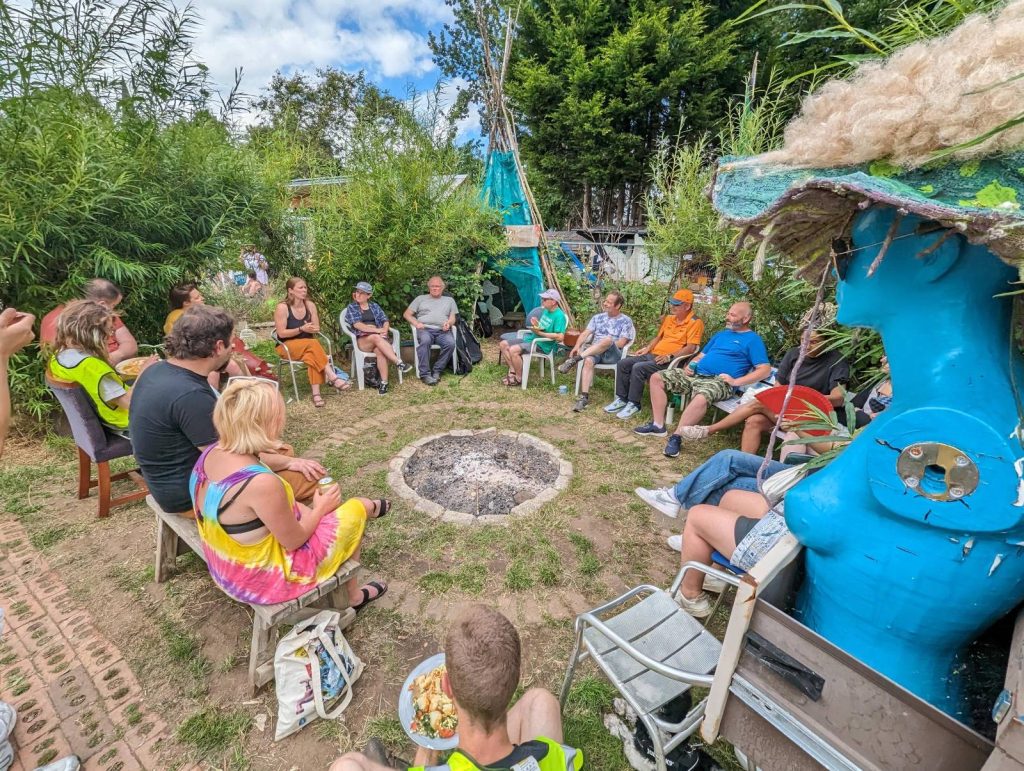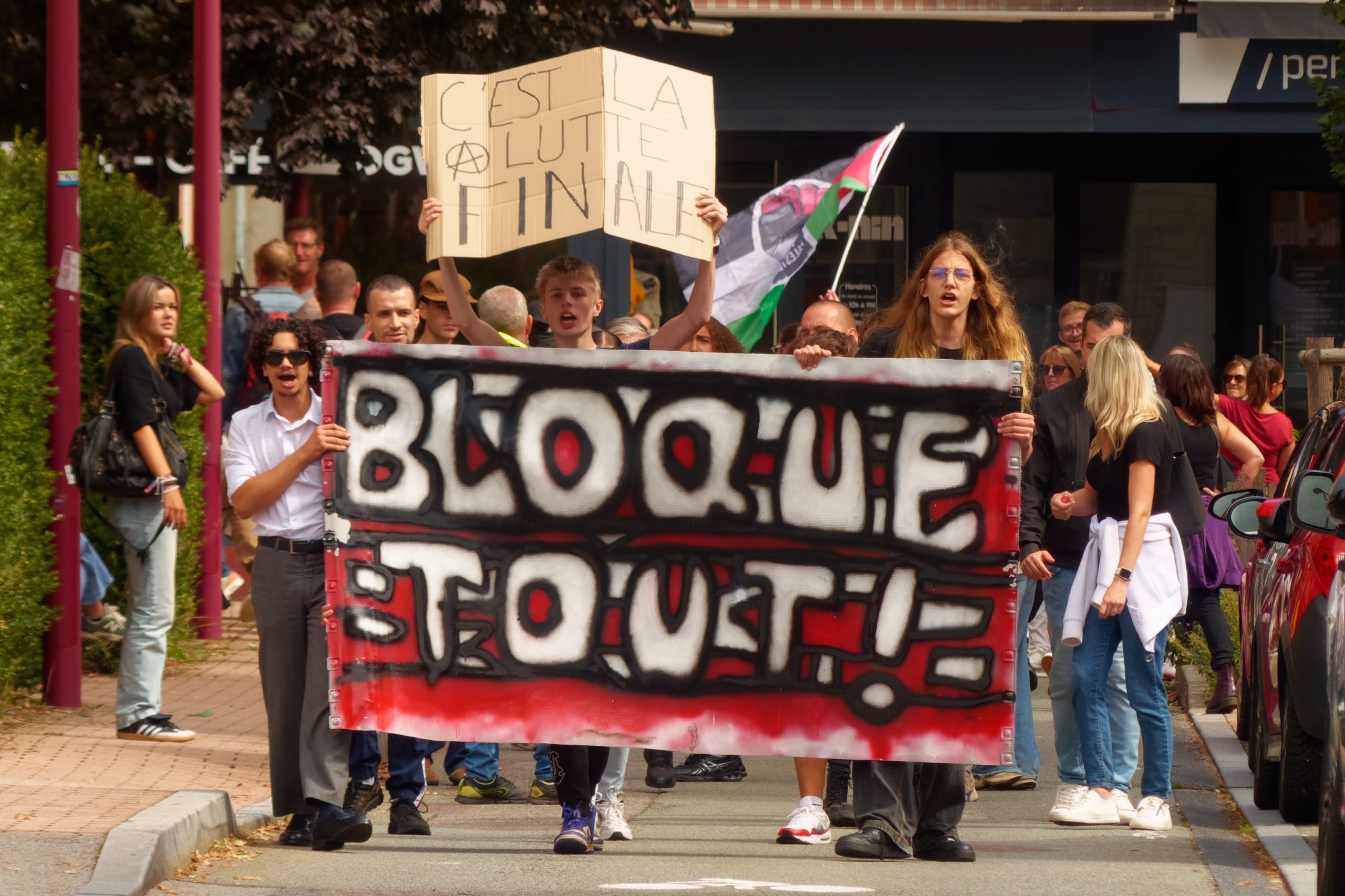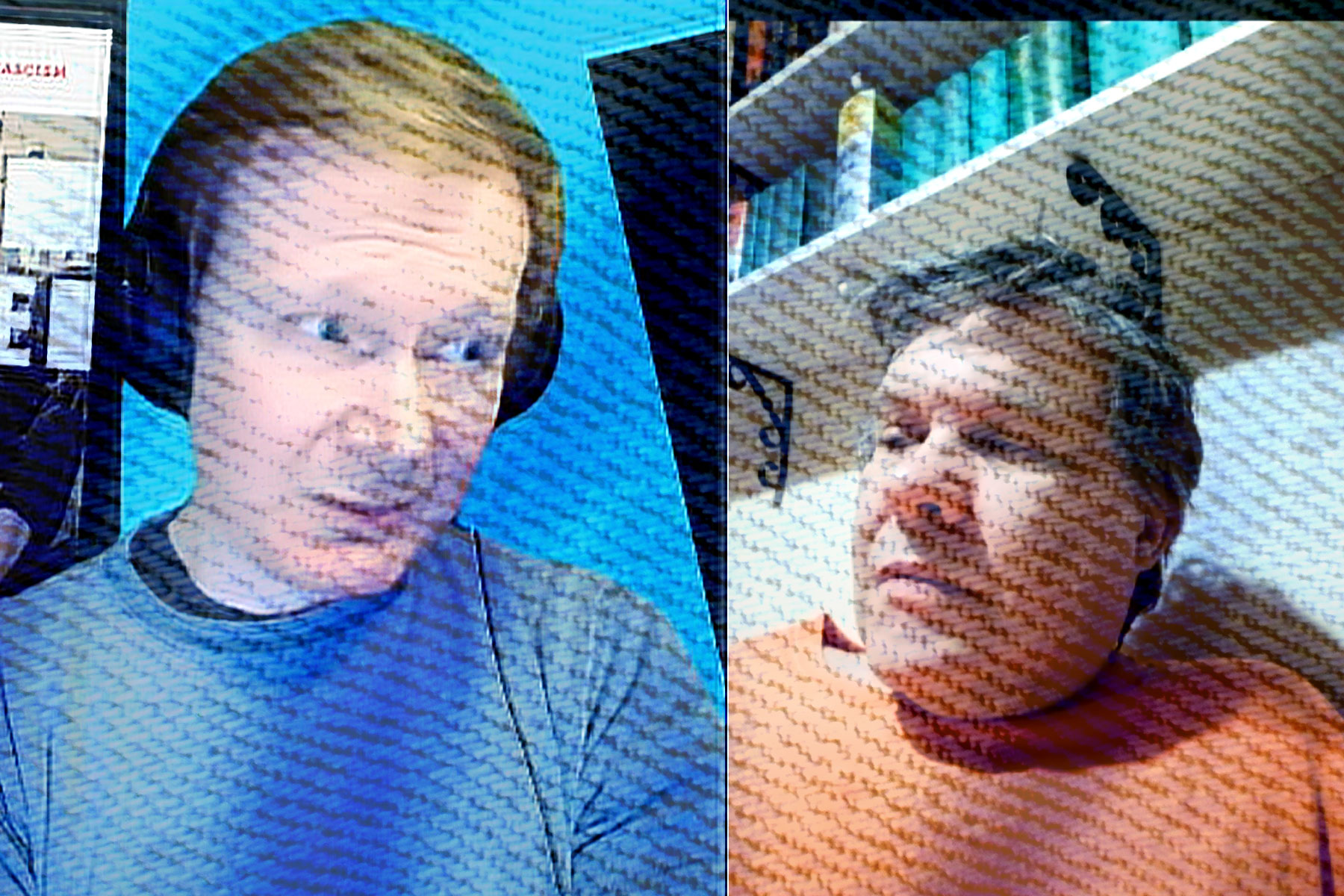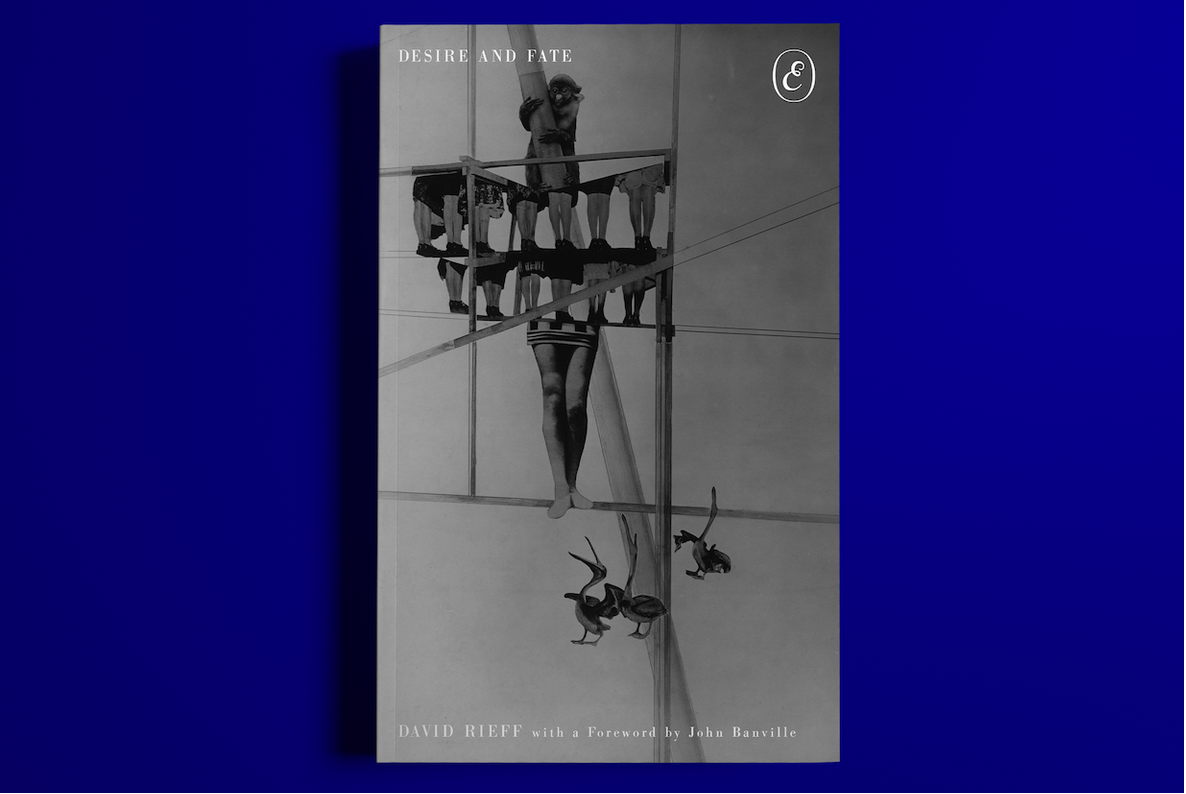A Commune in the North (ACitN — pronounced “a kitten”) is building upon the work of the anarchist-led Bentley Urban Farm to crate new ways to meet essential needs, for both the commune and the wider local community, in order to show that capitalism isn’t the only game in town.
Bentley, a former coal-mining town just north of Doncaster, South Yorkshire, is among the 10% most impoverished areas of the UK. Life expectancy is a full decade less than the national average. This is due, in part, to high rates of nutrition-related illnesses such as childhood obesity, heart disease, diabetes and cancer. All of which can be directly linked to food poverty.
Food is a central weapon in capitalism’s war against the poor. As grime-punk pairing Bob Vylan put it in Health is Wealth (a three-minute musical manifesto on food, health and power):
“The killing of kids with £2 chicken and chips
Is a tactic of war waged on the poor
Can’t save wages on slave wages
And you don’t think fresh fruit with your face on the floor”
Under capitalism, life matters only to the degree that it can increase profits. Capitalist society is habitually abusive to anyone who is not actively producing for, consuming for, selling for, marketing for, or protecting the interests of capitalism. The young, old, poor and marginalised are supported to the degree that they remain potential cogs in the economic wheel and/or that money can still be made by supporting them (in the case of the poor and the unemployed, their existence itself acts as a threat to people not to step out of line in case you too end up poor or unemployed). Expanding profits from the care system is a central factor in the current strategy making local authorities bankrupt, with all but the most central services being privatised for the benefit of capitalists.
But capitalism can never “care.” The bottom line of profit and growth does not allow for putting things like wellbeing, happiness, fun and compassion before money. In fact, a care economy would be the very antithesis of the capitalist money/debt economy, which is exactly why anarchists need to be fighting to build it. The State — being an integral and important part of the wider capitalist economy — has also proved itself unable to provide adequate levels of care for human beings. Nobody is coming to save us. If we want a better, braver, brighter, happier, greener world, we must build it ourselves.
Luckily, there are pockets of people around the country who are doing exactly that. Eight years ago, we created the anarchist-led Bentley Urban Farm (BUF), an upcycled community market garden project, as a direct response to the problem of food poverty and food deserts in Doncaster. We taught people how to grow their own food in raised beds made from waste materials and even purchased some of the produce they grew for the BUF veg box scheme.
Our mission has always been to protect people from the poverty inflicted upon them by capitalism and the state through education, direct action and mutual aid.
Ironically, as self-confessed anarcho-pragmatists, we have been doing this on land “owned” by the council. Years of ideologically-led economic restructuring conducted in the name of “austerity”’ have created cracks in the system where we can begin to build alternatives to capitalist greed and paternalist State solutions. This could be an agreement with the local authorities like the one we have for BUF, where ticking a range of green boxes for the council allows us to get away with more openly anarchist initiatives on a council owned site. Or it could be a more traditional anarchist solution like the newly-founded Sheffield Action Resource Centre (ShARC), which has squatted a large, abandoned local authority property in the interests of sociopolitical change and for the benefit of residents.
Along with creating physical opportunities for building grassroots initiatives for change, neoliberalism has created political vacuums that have left communities hungry for alternative politics. When Tony Blair showed himself to be an ardent inheritor of Thatcher’s neoliberal legacy, openly confessing that his job was “to build on Thatcher’s policies”, the first thing New Labour did was to politically abandon traditional working class “red wall”’ communities such as the former mining communities of Doncaster. He even used John Prescott — New Labour’s equivalent to hapless cartoon character Andy Capp — as a mouthpiece to tell us that we’re “all middle class now”. As if simply adopting a different class perspective was a solution in itself.
The far right have been much better than the left at taking advantage of this political vacuum, whether overtly with populist parties like the BNP, UKIP and Reform UK or covertly through the conspiracy-led, alternative politics which dominate social media threads and which are propagated in publications like The Light.
The people who are attracted to conspiracy fantasies are not necessarily attracted to overt right wing ideology. They are much more likely to be disillusioned, traumatised or simply aware of the urgent need for social change that the converging crises of capitalism have created. If, like much of the authoritarian left (who usually have scant regard for the messy reality of life in working class communities), we simply snub them as fascists or loons, then surrender those people to the right for the sake of ideological purity. Instead, we should be countering baseless propaganda with lived illustrations of real societal change.
Our mission, as anarchists, is to live out our beliefs in the messy, imperfect and often uncomfortable reality of everyday life. A Commune in the North (ACitN — pronounced “a kitten”) is building upon BUF’s work creating new ways to meet essential needs for both the commune and the wider local community, in order to show that capitalism isn’t the only game in town. With a long-term goal of creating an egalitarian, income-sharing, anti-capitalist, anti-oppressive eco-commune for up to 200 people, we need to build more autonomous, ecologically sensitive systems with shorter supply chains to meet our requirements for things like food, energy, shelter and care.
These systems cannot and should not exist in isolation. They will act as a bridge between the commune, the wider community and the outside world. The network of co-ops needed to make this happen will create a solidarity economy at the heart of an economically marginalised community and will give us the opportunity to show the community as a whole that we do not need capitalism or the state to survive… or, indeed, to thrive.
In the same way, the Kurdistan Freedom Movement places an emphasis on women and youth when it comes to decision making because they are the most removed from patriarchy and, as such, are best placed to offer alternatives to it. People in the communities most removed from the economic benefits of capitalism have the least to lose and the most to gain from building alternatives to the capitalist system. That the purveyors of capitalism have economically and politically abandoned these communities only adds to the potential for change.
The authorities supposedly charged with caring for such communities have routinely proven that the lives of people in these communities do not matter. It is our job to prove that the authorities and the system they represent do not matter to those of us who live in marginalised communities. To paraphrase Crass, there is no authority but ourselves.
From community gardens to social centres, workers’ co-ops to people’s assemblies, every act of autonomy is an act of resistance to a system which sees human life — and life in general — as a resource to be relentlessly exploited until what little is left of that life no longer matters. Anarchists recognise that even the most well intentioned authoritarian structures will inevitably become self-serving over time, and that the institutions will always become more important than individual lives.
Anarchism also recognises that liberty and social equality are intimately related. None are free until all are free. It takes an individual brave enough to free themselves from the chains of capitalist bondage to change society, but it is the building of solidarity economies, mutual aid networks and autonomous zones which makes long-term individual freedom possible. If you want a free society, you must fight to free yourself. If you want to free yourself, you must fight to free society. Revolution, then, is the art of mattering to yourself.
So put down this paper (actually, better to hand it to a neighbour and spread the word!) and go build in the cracks of capitalism. Every act of solidarity, no matter how small, shows people that they matter. Every act of rebellion shows the authorities that they do not.
Want a social and individual revolution but not sure where to start? Come and get involved with ACitN. Visit our website for details:
~ Warren Draper from A Commune in the North
A shortened version of this article first appeared in the Summer 2024 issue of Freedom Journal.








